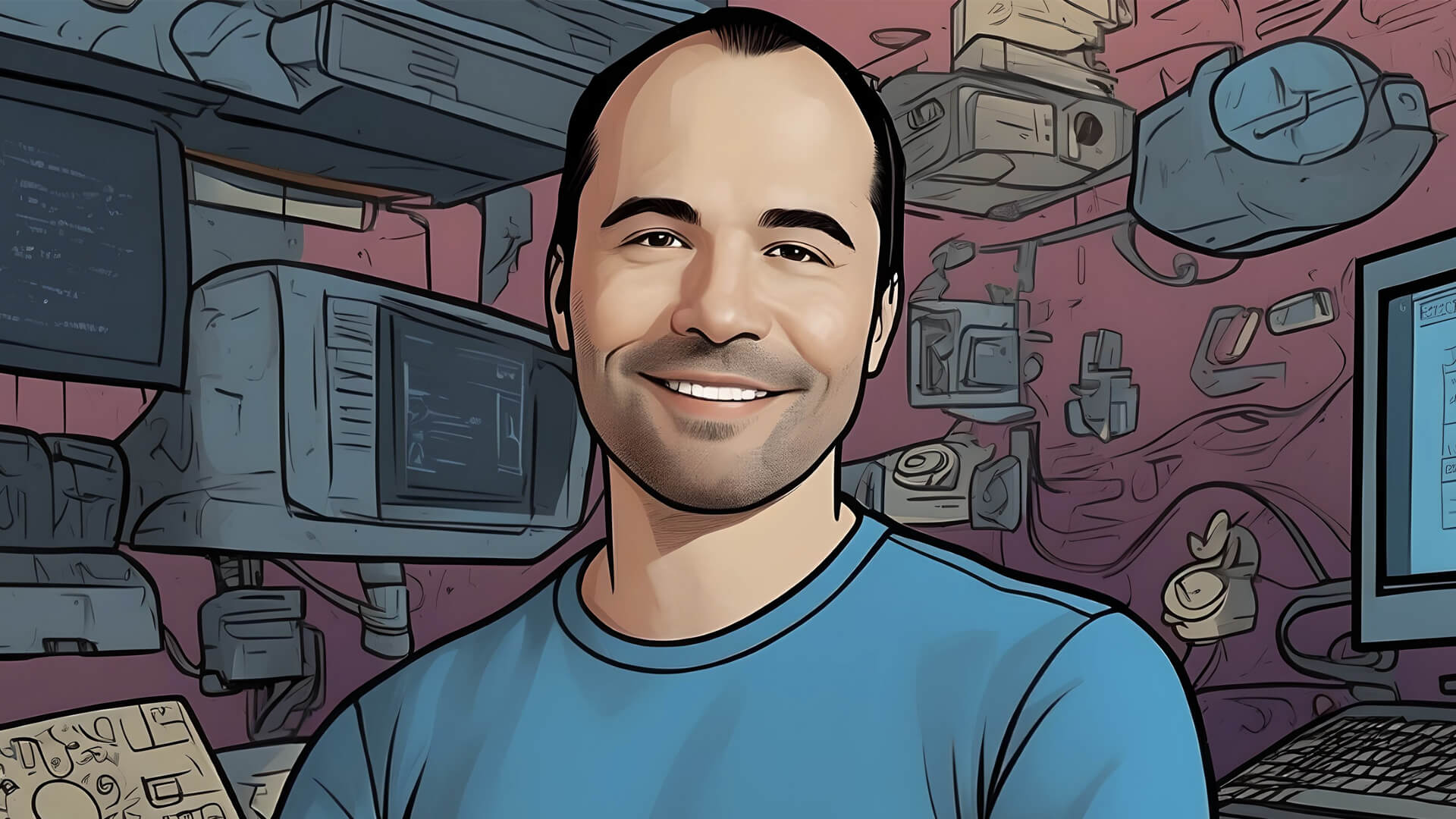
Greg Brockman: Codex and the Democratization of Programming
Greg Brockman has always emphasized the importance of making technology accessible to everyone, regardless of their technical background. He believes that Codex represents a significant leap forward in lowering the barriers to entry in programming.
“Codex is about enabling people to express what they want computers to do in their own words,” Brockman says. “This is more than just writing code faster—it’s about giving more people the ability to create software, even those without traditional programming skills.”
Brockman views Codex as a tool that will empower creators, entrepreneurs, and domain experts from various fields to build solutions without needing deep programming expertise. He points out that Codex, by translating natural language into code, has the potential to bridge the gap between concept and execution.
According to Brockman, the future of Codex is not just in speeding up development for professional programmers but in allowing non-programmers to express their ideas and see them come to life. “We want to see what happens when every creative person can be a software developer,” he notes.
Brockman also acknowledges the ethical implications of this technology. While it democratizes access to coding, it also raises concerns about job displacement, intellectual property, and the security of AI-generated code. “We have to be thoughtful about how we develop and deploy Codex, ensuring it’s used responsibly,” he says. OpenAI continues to refine Codex with this in mind, including transparency measures to highlight AI-generated code.
Ilya Sutskever: The Intelligence of Codex and Its Impact on AI Development
Ilya Sutskever, one of the pioneering minds in artificial intelligence, views Codex as a critical advancement in AI’s ability to understand and generate not just natural language but highly structured outputs like code. Sutskever has long championed the idea that AI systems should be able to understand and generate structured, context-sensitive outputs, and Codex is a realization of that vision.
“Codex is a prime example of how far we’ve come in AI’s ability to understand not just words, but the meaning behind those words in a functional and practical sense,” Sutskever explains. He points out that Codex’s ability to write accurate and functional code in response to plain-language prompts is evidence of how AI models can now handle tasks that require a deeper understanding of semantics and intent.
From Sutskever’s perspective, Codex is more than just a tool for automating repetitive coding tasks. It’s a stepping stone toward more general-purpose AI systems that can understand, interact with, and influence the world in increasingly sophisticated ways. “Codex opens the door to AI systems that can be more useful in complex, real-world applications,” he notes.
He also emphasizes the collaborative potential between human intelligence and AI. Rather than replacing developers, Sutskever sees Codex as augmenting human capabilities. “The best results come when humans and AI work together,” he says. “Codex helps people code faster, but it also helps them think differently about how they approach software development.”
Like Brockman, Sutskever acknowledges that AI’s growing power requires careful consideration. He has expressed the need for transparency, proper usage guidelines, and continuous research to ensure that Codex is not only effective but also safe and reliable. “We have to ensure that these systems are robust and that they are used in ways that benefit society,” Sutskever adds.
Strategic Implications of Codex
Together, Brockman and Sutskever see Codex as a technology that will change the landscape of software development and beyond. By reducing the skill barrier required to write software, Codex could enable businesses to innovate faster, foster new kinds of creativity, and even inspire the next generation of AI-driven applications.
Codex is also setting a precedent for how AI systems can assist with more specialized and technical tasks. For industries like healthcare, finance, education, and research, Codex could provide AI-powered tools that allow experts to create domain-specific applications without needing to rely on traditional development teams.
However, both leaders agree that responsible development and deployment are key. OpenAI is focusing on building safeguards, such as ensuring transparency in how Codex-generated code is used and encouraging users to maintain oversight of the AI’s output.
Conclusion
Greg Brockman and Ilya Sutskever have shared an ambitious vision for OpenAI Codex—one that extends beyond mere automation of coding tasks to a future where AI is an integral partner in human creativity and innovation. Their opinions highlight both the transformative potential of Codex and the challenges that come with its growing power.
As Codex continues to evolve, it will undoubtedly become a vital tool in the toolbox of developers, researchers, and creators. However, as Brockman and Sutskever emphasize, the real challenge lies in ensuring that this tool is used thoughtfully and responsibly.

